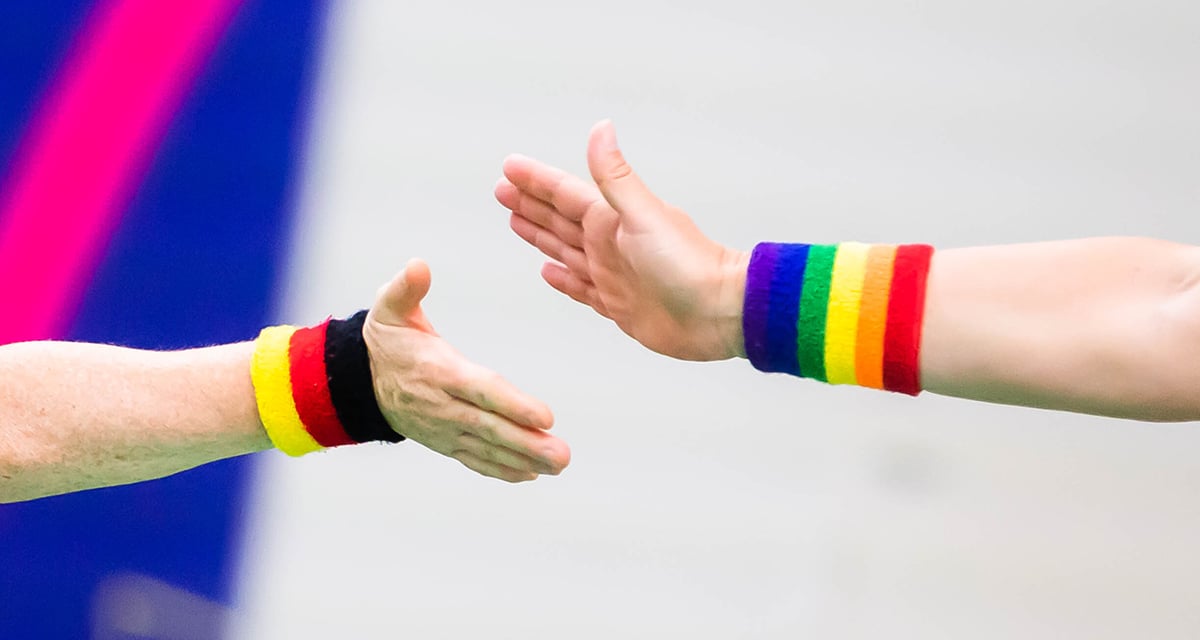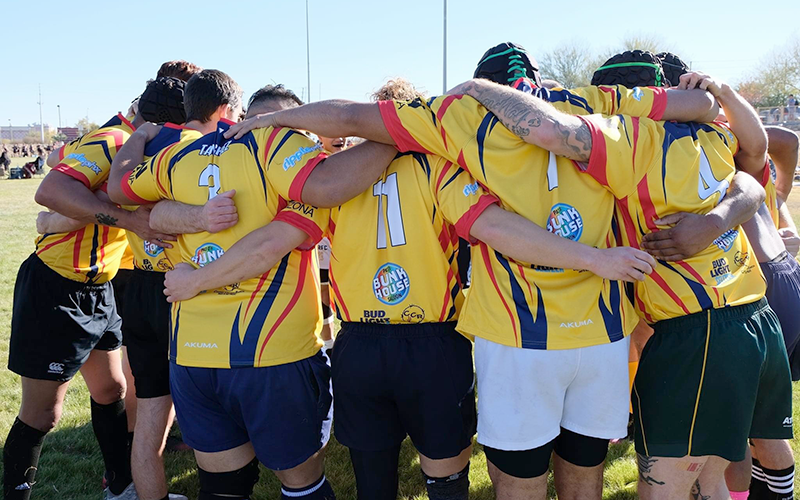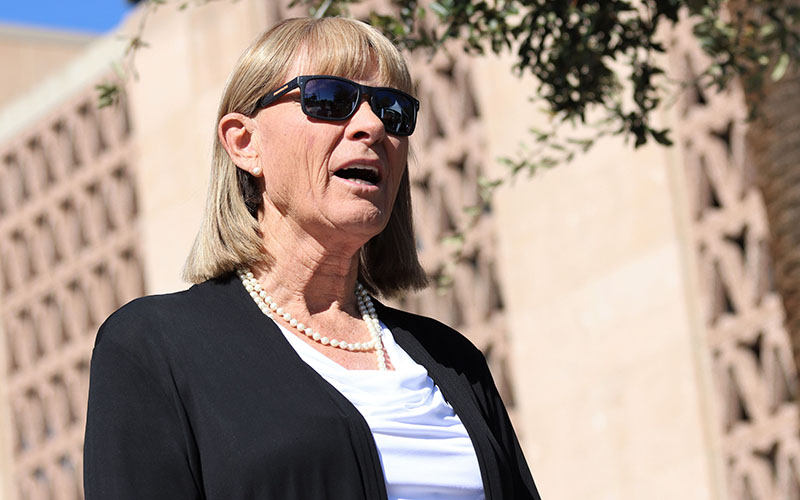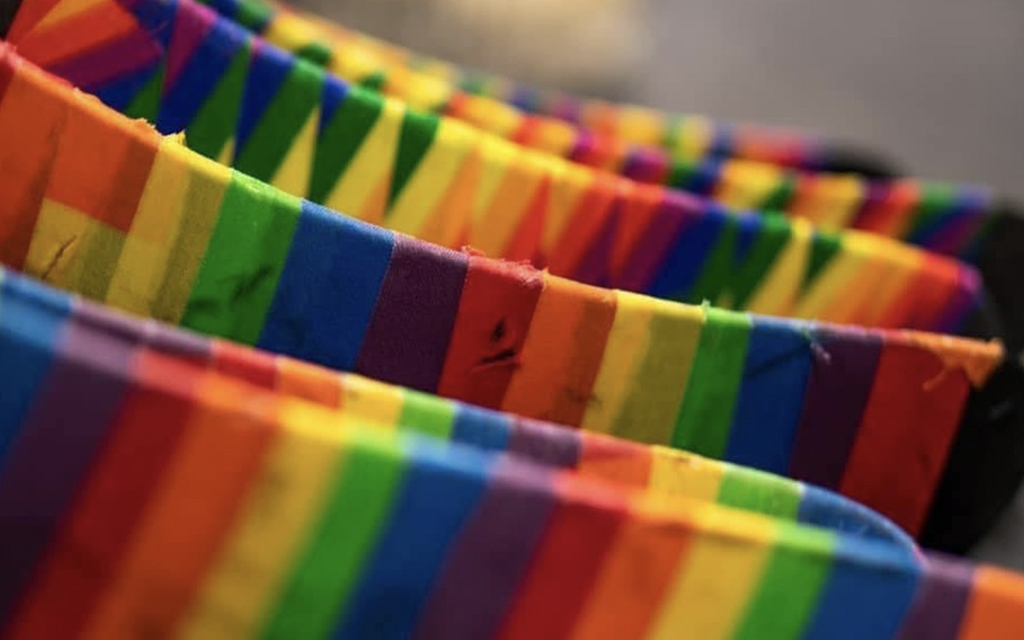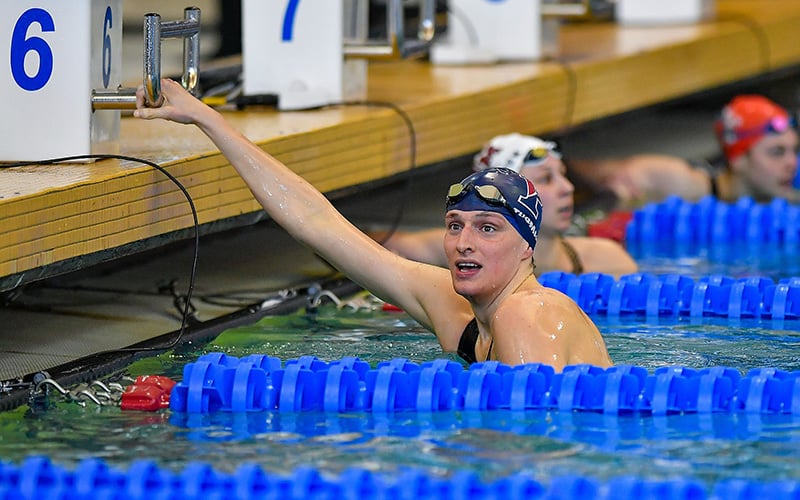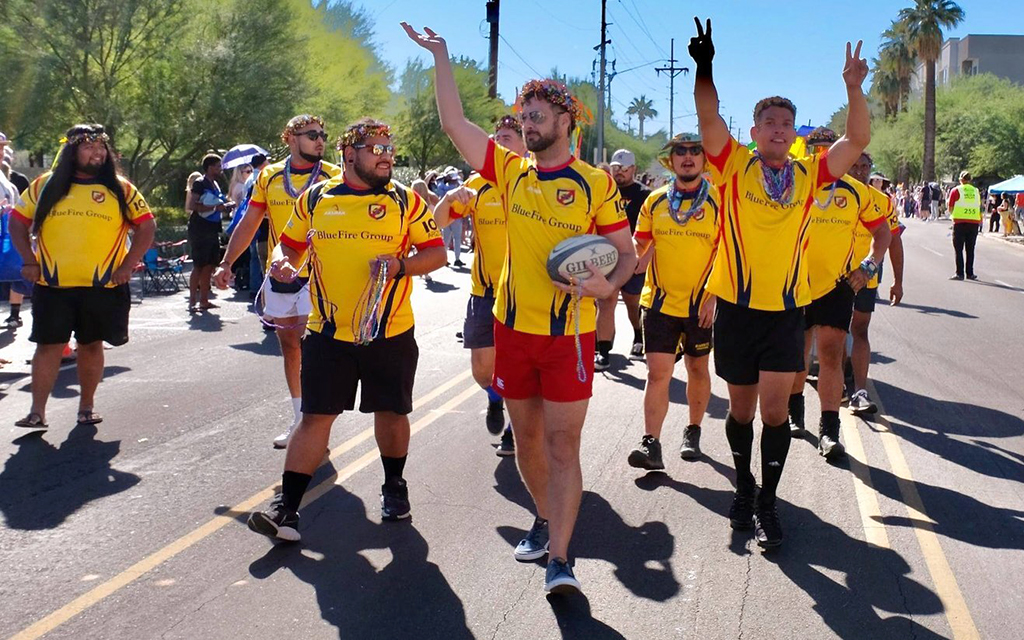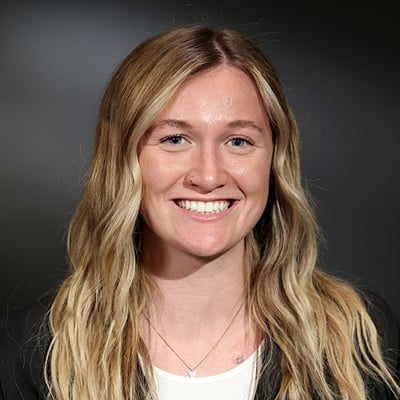Creating a new athletic standard of acceptance
Inclusive leagues are not for the exclusively elite or experts of the sport. No level of talent is left out. Ranges vary between those who have played sports their whole lives, to those with limited experience or who have never participated in an organized sport.
“(We allow them to) open up to others, to create those relationships with other people that they may not have ever even come across because they were afraid to be joining an organization that maybe doesn’t support who they are or who they see themselves as,” said Ernie Jaramillo, CCSL commissioner.
Added Tan: “We have people from all walks of life. All different age groups, straight players, bi(sexual) players, trans players, and a lot of people who join looking for a safe environment, one that is not going to judge them based on their identity (or) skill, and we provide that for those people.”
Leagues are not labeled “female” or “male” only. They aim for true inclusiveness – including age, race, sexuality, skill level and identity – with a focus placed on alleviating the typical gender requirements.
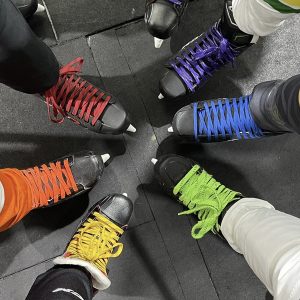
Players from the Arizona Legacy Pride Hockey Association are laced up and ready to go before a game. The league has four teams and 48 members. (Photo courtesy of ALPHA’s Instagram)
“When you go in and select your gender, we have (the options of) man, woman or other,” said Brittany Rheault, Phoenix Fray’s chief operating officer. “Other is a list of about 30 different ways to identify so that our players do not feel isolated, and they can select any gender that they feel they are.”
While prioritizing those of the LGBTQIA+ community, leagues welcome straight-identifying people into their leagues. Spang-Marshall said that allies should not walk on eggshells around the queer community and that it is important to allow the room to make mistakes in order to learn and grow as a society.
There are many other ways to aid in the success of fellow queer-identifying participants as an ally of the LGBTQIA+ community. One way is through representation and celebration.
“Representation in some ways does matter,” Scruggs said. “The Diamondbacks had a pride night where they explicitly welcomed LGBT folks to hang out and have that opportunity.”
Other ways include visibility and giving the queer community an equal platform.
“I believe that the best way to help queer athletes is to be present and vocal,” Foerster said. “Using our platforms to show that there is a supportive community out there and encouraging them to be their true self.”
Allyship doesn’t start and stop at the ground level. It’s just as important for sports at the high school, college and professional level to take action if discriminatory behavior exists within their sport, no matter the level.
“When it comes to homophobic behavior or misogynistic behavior, it’s the responsibility of these leagues to stamp that out when they see it and make it known that behavior is not acceptable,” Scruggs said. “Any negative behavior you catch like that going on in a league, you stamp it out, make it clear it’s not appropriate, and actually make it a point to include everyone.”
Overcoming current legal issues
Now more than ever, LGBTQIA+ rights are being constantly challenged with the passing of bills and laws to govern their liberties. Currently, 21 states in the U.S. have passed laws banning transgender students from participating in youth sports that align with their gender identity, including Arizona.
In Arizona, for example, there are no non-discrimination or anti-bullying laws and policies covering LGBTQIA+ students. Five states, including Arizona, have a law that requires parental approval and notification of “LGBTQ-inclusive curricula,” with the option to opt-out children if it is taught. Six states, including Arizona, strongly encourages the outing of transgender students to their families, without crossing the line of making it a requirement. The only state that currently does this is Alabama.
No stranger to the always-evolving anti-transgender standards is Robyn Leano, a transgender woman playing for ALPHA. Leano has credited her league in being able to overcome current shifts in transgender-rights and equality.
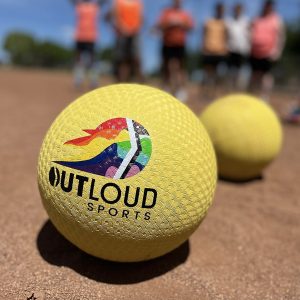
OutLoud Sports play with personalized kickballs during LGBTQIA+ league play. (Photo courtesy of OutLoud Sports Facebook page)
“I don’t think (that) I could have played in another adult league,” Leano said. “I would be really nervous (because of) the political climate right now around trans-women in sports and everyone is (saying) trans-women shouldn’t be playing sports.”
Transgender and queer discrimination does not just disappear after high school or college graduation – it can stick throughout future endeavors.
“I don’t think that I would have been able to continue sports and getting fit,” Leano said. “They shouldn’t be doing this; they shouldn’t be doing that. Even if it was a coed league, people would still say something.”
Senate Bill 1028 was passed in early 2023 in Arizona to prohibit public properties from hosting “adult cabaret performances.” Historically only categorized under strip shows, the term is now expanded to drag show performances. Senate Bill 1026 was also passed earlier this year, prohibiting state-funded money from being used for family-friendly drag shows, such as drag story hours.
Pat O’s Bunkhouse Saloon, Kobalt, Charlies and The Rock thrive off their eccentric drag performances and sponsor one or more of Phoenix’s LGBTQIA+-inclusive leagues. With Senate Bill 1026 hanging over the heads of these bars, the elimination of drag shows would result in major hits to their businesses.
New chances, new families
The positive effect that these leagues have had on the LGBTQIA+ community can’t be understated, many participants said. They have created opportunities, friendships and a sense of belonging and provided reason for the queer community to persevere when they had nothing left.
“I’ve talked to people in our league whose family isn’t accepting of them,” Moreno said. “To be able to come to this league and meet people who love you for who you are regardless of anything, they love you. Unconditionally, they support you.”
Those afforded more privileges often do not realize others are not as easily welcomed into the environment of athletics. In the end, LGBTQIA+-inclusive leagues create an environment of acceptance for the unaccepted and an opportunity to find new meaning to life while combining two worlds into one.
“There’s a couple people (who) have told me they had reached a point in their life where they felt like they weren’t a part of it, they felt alone,” Moreno said. “They were considering suicide and they took this last attempt at trying to do something and trying to get out of their box and they decided to join the PGA Football League and they found a home and it saved their lives.”
